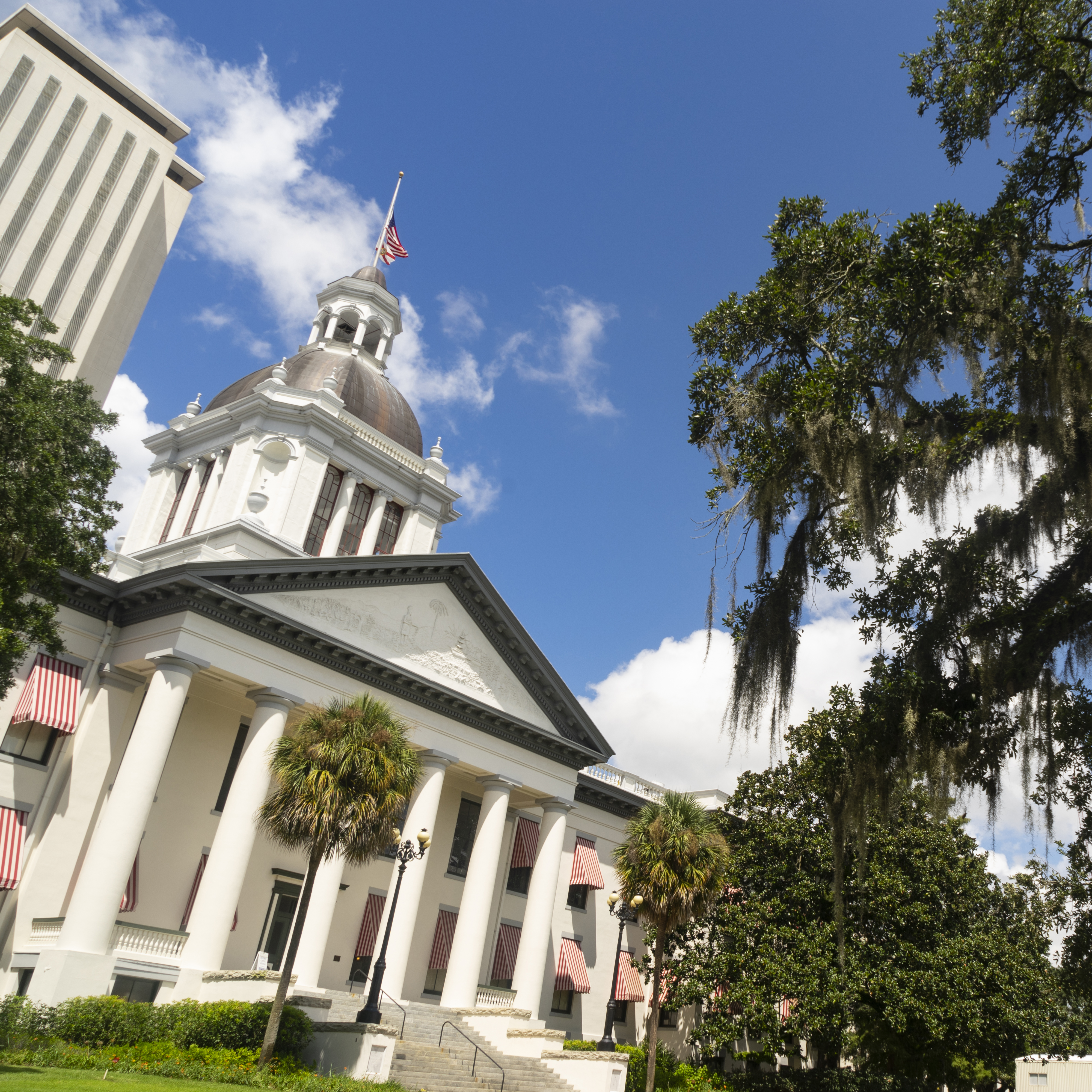Florida taxpayers deserve transparent budget process
 Originally published in the Orlando Sentinel
Originally published in the Orlando Sentinel
Florida taxpayers deserve transparent budget process
Dominic M. Calabro
Orlando Sentinel
May 19, 2023
The state budget is the only law that the Florida Legislature is constitutionally required to pass every year. The process begins with the agencies’ budget requests, and then the governor submits his budget recommendations to the Legislature. The Senate and House of Representatives then pass their preferred version of the budget, and the two chambers negotiate a compromise during budget conference. Finally, this becomes the General Appropriations Act.
All official budget documents are public, as are the legislative appropriations meetings. But the budget generally grows as it goes through the legislative process, and most funding decisions are made in private.
We cannot forget that the money appropriated by the Legislature belongs to the taxpayers of Florida. It is our elected officials’ primary duty to ensure that taxpayer dollars are used judiciously, appropriately, and fairly, and for the proper functions of state government. But what happens when appropriations circumvent the budget process or competitive project selection? Or when they bypass the opportunity for public scrutiny or competitive bidding?
That is what Florida TaxWatch calls a Budget Turkey.
In 1983, Florida TaxWatch released the very first Budget Turkey Watch Report to promote transparency and accountability in the state budget process. The concept is simple: Because this is the taxpayer’s hard-earned money, every appropriation should receive proper deliberation and public debate. Every year, we shine a light on the results of the state budget process, where not all decisions are made in the “sunshine.”
So, what qualifies as a Budget Turkey? Budget Turkeys are items, usually local member projects, added to the General Appropriations Act without being subjected to the complete budget process. While a project may be worthwhile, Budget Turkeys tend to serve a limited area, are not subject to competitive bidding, and are often not core functions of state government; they would be more appropriately funded with local or private dollars.
Some examples include appropriations added to the budget during conference committee meetings (meaning it has never appeared in the Senate or House budgets before conference), appropriations that do not adhere to joint legislative appropriation project rules, or appropriations removed from the House or Senate budget during conference, only to make a second appearance through supplemental appropriation lists, or “sprinkle lists.”
During the last 10 years, it has become routine for the budget conference process to end with each chamber accepting the other’s sprinkle list. These sprinkle lists are developed and agreed to in private by House and Senate leadership with no questions, discussion, or debate. Their adoption is the very last action of budget conference. This year alone, $670 million in hard-earned taxpayer dollars were spent almost as an afterthought, when all the various budget areas had been “closed out.” This budget practice must stop.
The 2023 Budget Turkey Watch Report will be released soon, but our preliminary review of the sprinkle lists has identified 38 projects worth $53.3 million that meet the Budget Turkey criteria. We released this analysis early in our review process to assist Gov. DeSantis in his budget review. We recommend close scrutiny of not only identified appropriations but the entirety of the sprinkle lists.
When appropriations circumvent the budget process, it directly impacts taxpayers. Adding more local spending through budget earmarks occurs at the expense of statewide priorities, core functions, and essential programs.
Florida may be enjoying an unprecedented growth in revenue now, but economists expect that growth to slow considerably in the near future. Florida TaxWatch cautions that our legislative leaders must be responsible with taxpayer money and maintain a transparent and accountable budget process. Taxpayers across the state rightly deserve and should expect nothing less.
Dominic M. Calabro has led Florida TaxWatch’s research team as president and CEO for nearly all of the organization’s 41-year existence.
Copyright © 2023, Orlando Sentinel